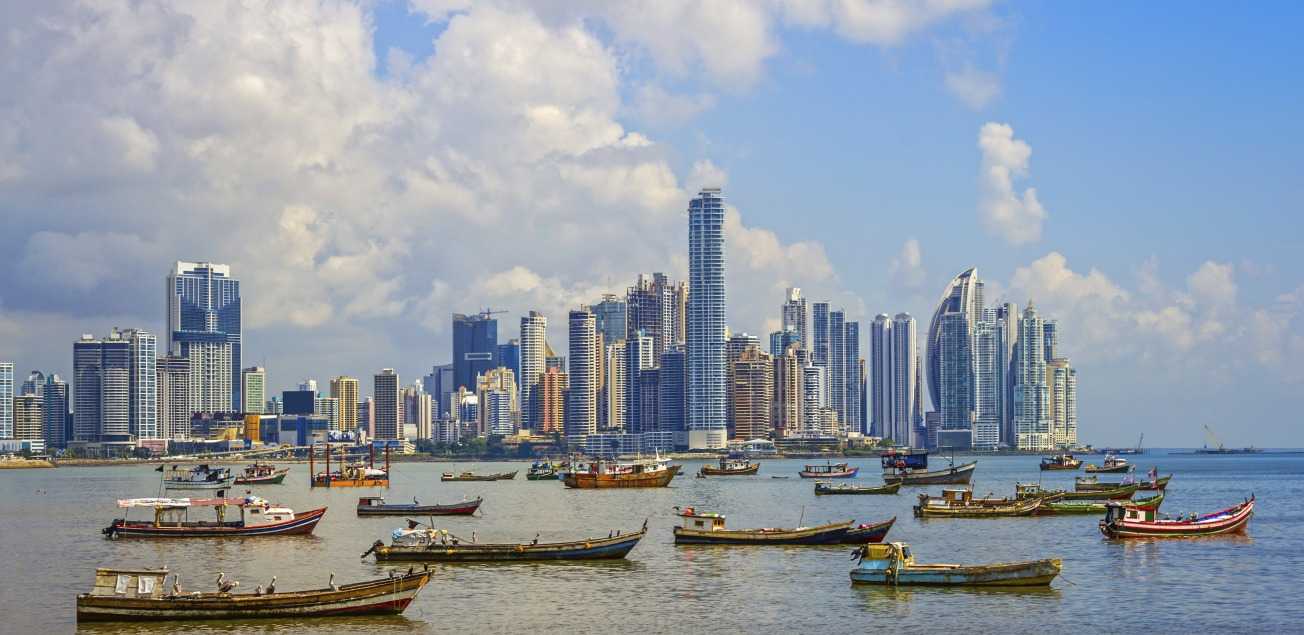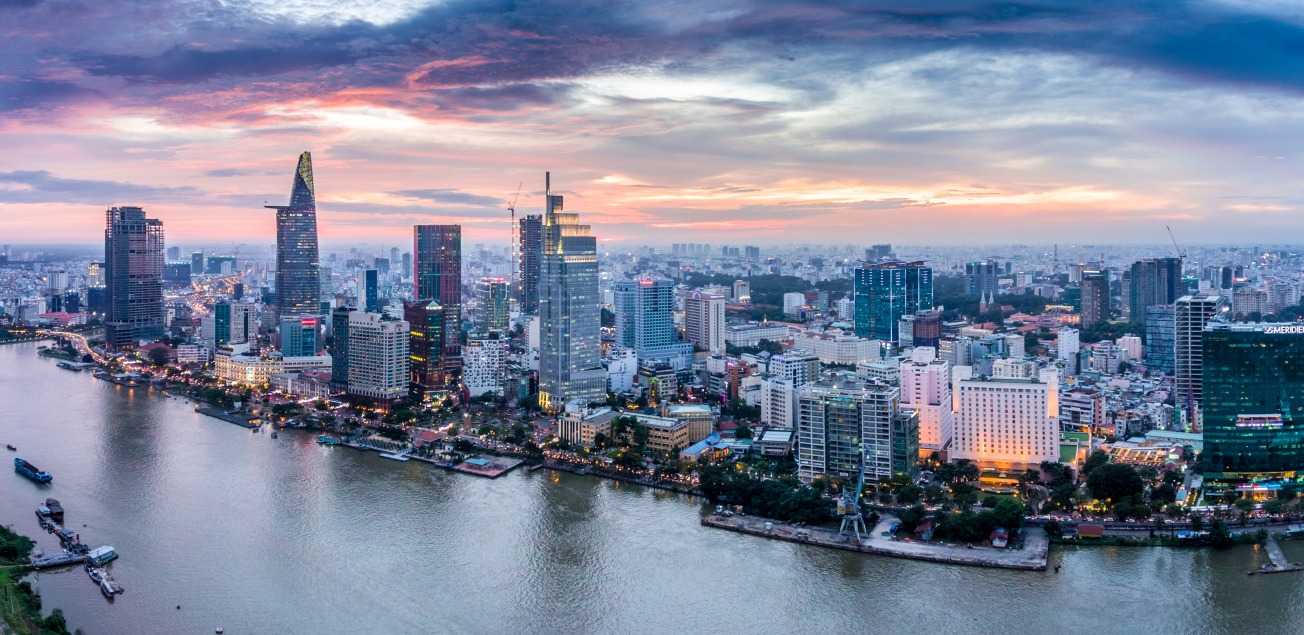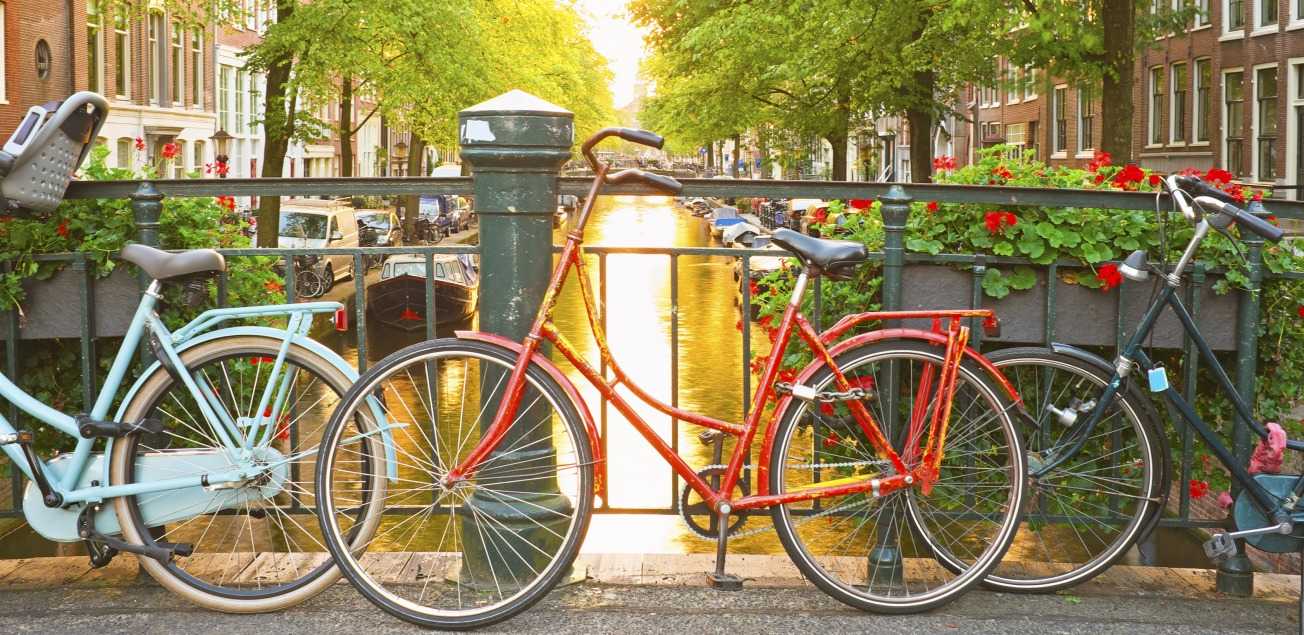Top 10 Countries with a Great Work-Life Balance
Flexible working times, short hours, long vacations … where should you go for the best work-life balance?
Every year, we ask you to rate your life abroad in our annual Expat Insider survey, including how you view your working life. In 2024, over 12,500 respondents shared their take to reveal the best countries for a great work–life balance. In the past, Nordic countries like Denmark and Finland famously offered an employee-friendly working environment. But does the stereotype still hold true? And where else can you enjoy a good balance between your job and leisure time?

1. Indonesia
Winner Indonesia sees a large share of expats who are happy with their work–life balance (79% satisfied vs. 60% globally) — two in five expats even give the best possible rating here (40% vs. 25%).
Past survey results have shown that a highly rated work–life balance doesn’t automatically translate into shorter working hours (or vice versa). However, in case of Indonesia, the 38.8 hours full-time average certainly doesn’t hurt! The global average is nearly 4 hours more (42.5 hours).
Though truth be told, there’s a significant share of expats in Indonesia who no longer have to worry about their job at all: over a quarter are already retired (26% vs. 11% globally).
2. Denmark
In Denmark — which ranks 1st in the overarching Working Abroad Index — over four in five expats agree that the local business culture supports flexibility, for example in the form of remote work or flexible hours (82% vs. 56% globally). A similar share is satisfied with their working hours (83% vs. 62%).
Overall, expats in Denmark are more likely to work full-time (68% vs. 57% globally). But with an average of 39.2 hours a week, they still spend less time at their job than expats worldwide (42.5 hours).
Plus, employees in Denmark are entitled to at least five weeks of annual paid leave. So, there’s plenty of time to relax and recharge.

3. Panama
Panama is our overall winner in the 2024 survey. Many expats there don’t need to care about work (anymore): close to a third are retirees (32%), while just half (47%) are currently working.
Among those working, around a quarter are self-employed and/or working as a freelancer (24% vs. 10% globally). This explains, at least in part, the high share of respondents (89%) who say they can work remotely at least some of the time — close to 20 percentage points over the global average (vs. 68%).
If you can be more flexible with where and when you work, it’s understandable that you might also be happier with your work–life balance.
4. Mexico
Mexico sees similar results as Panama. At 24%, a high share of respondents is already retired (vs. 11% globally). And four in five expats who are working can do so remotely at least some of the time (80% vs. 68% globally). A US American expat in Mexico City especially likes “the flexibility to work from home, the weather, and the ability to access any of my clients in North and South America”.
Another interesting work-related fact: compared to the global average, expats working in Mexico are much more likely to be business owners (22% vs. 8% globally). And all in all, the country places 2nd in the 2024 Expat Insider survey.

5. Vietnam
Over seven in ten expats in Vietnam are happy with their work–life balance (73% vs. 60% globally) — and a third are completely satisfied (33% vs. 25%)!
Average work weeks are not as short as in some of the other countries on this list. But with 40.3 hours in a full-time job, they’re still below the global average of 42.5 hours.
And if you’re working with other people, it sounds like you can look forward to a pleasant atmosphere: “Vietnam offers friendly people, easy living, and a good environment for doing business and working in new ideas,” shares a Pakistani expat in Hanoi.
What’s more, Vietnam ranks in 2nd place (out of 53 countries) when it comes to expats feeling paid fairly for their work (based on their industry, role, qualification, etc.) — and 1st worldwide for affordable cost of living!
6. Sweden
Sweden is the second Nordic country among the top 10 destinations for a great work–life balance. Around three-quarters of expats there are happy with their working hours (73% vs. 62% globally) — which average up to 40.4 hours a week in full-time jobs (vs. 42.5 hours globally).
Expats especially appreciate how the local business culture supports flexibility, with 82% giving this factor a favorable rating, compared to just 56% worldwide. Or in the words of an Indian expat in Stockholm: “I really like the work culture, especially for new parents.”

7. The Netherlands
As in Sweden, expats in the Netherlands find a business culture that favors flexibility (79% agree vs. 56% globally). According to a US American respondent in Utrecht, “work–life balance is actually a thing here. People cherish their free time and engage in a lot of hobbies and activities.” That’s great news, and not only for the 38% of respondents who moved to the Netherlands primarily due to a job!
As in Sweden, weekly full-time hours are below the global average (40.3 vs 42.5 hours). In fact, less than one in ten expats have something negative to say about their work–life balance (9% vs. 19% negative responses globally).
Plus, you can look forward to a great job security if you’re working in the Netherlands. The country ranks 4th worldwide for this factor.
8. Brazil
In Brazil, 19% of expats are already retired (vs. 11% globally). But among those with a job, a much higher-than-average share find they’re paid fairly (76% vs. 58%), and expats are generally satisfied with their financial situation (3rd).
Considering how over one in five are top managers or executives (21% vs. 10%), this statistic may not be that surprising. Brazil also sees many expats who are self-employed (19% vs. 10%) or business owners (22% vs. 8%).
And if you’re planning to move to Brazil, you can look forward to meeting some of the friendliest locals worldwide!

9. Costa Rica
Work isn’t the main reason expats move to Costa Rica — only 13% cited job-related reasons (vs. 35% globally). Instead, expats were looking for a better quality of life (28% vs. 9%) or simply an adventure abroad (13% vs. 5%).
And to be fair, the share of expats who are currently working is comparatively low at 44% (vs. 69% of respondents worldwide). Still, Costa Rica ranking 9th for work–life balance and 8th for overall job satisfaction can only be a positive!
Next to that, the country delights with its climate (2nd), a pleasant natural environment (1st), and the friendly population (1st).
10. Spain
“The quality of life is fantastic,” shares a US American expat in Madrid. “There is a huge emphasis on work–life balance.”
Indeed, over seven in ten respondents are happy with their work–life balance (72% vs. 60% globally). And as a cherry on top, Spain places first in the 2024 Quality of Life Index!
As in Brazil, there is an above-average share of self-employed expats among respondents in Spain (20% vs. 10%). That might be one reason why four in five respondents say they work remotely at least some of the time (80% vs. 68% globally). Close to two in five are even fully remote (37% vs. 20%).
While Spain has a lot to offer, expats are dissatisfied with the local job market (41st) and state of the economy (35th).
Advertisement
About Franziska Mutsch
Franziska Mutsch works for InterNations as Product Content Team Lead. Born and raised in beautiful Bavaria, she was inspired to study English after a lengthy stay in far-away New Zealand — and now enjoys working in such an international team.
Article topics
Related articles
How to Find a Good Tax Consultant
Let’s be honest: taxes are not the most exciting topic. And they can get particularly tricky when living abroad. But you don’t have to go it alone! Here are 5 tips on how to find a good tax consultant.
Top 10 Countries for Women to Work Abroad
If you’re stuck in a career rut or looking for a new challenge, moving abroad for work can be a great option. However, choosing a country to boost your career can be hard — even more so for expat women. While some countries offer amazing career opportunities, others leave women feeling uninspired.
How to Create a Healthy Work-Life Balance While Working Remotely
The flexibility of remote work is great — but it can come with some downsides. For many, a healthy work-life balance is much harder to maintain when they can’t leave their work at the office. We have some tips on how to not burn out and get the best out of a remote work lifestyle.
Four Ways to Be Productive while Working from Home
Working from home and keeping up the same level of focus and productivity as you would if you had the option to go into an office can be challenging. There are some things that you can do to streamline your home office and make sure that your home and work lives are balanced.
The Pros and Cons of a Career Abroad
Working abroad can be a great way to experience the world, but it also comes with its own unique challenges. From diversifying your income to navigating office politics in a second language, we look at the highs and lows you can expect from an expat career.




